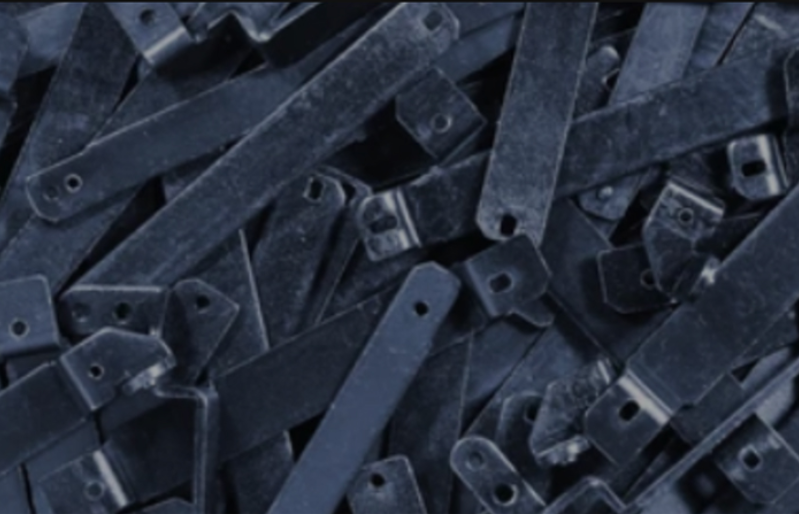Introduction
CNC (Computer Numerical Control) machining has revolutionized the manufacturing industry by providing enhanced precision, efficiency, and cost-effectiveness. This article will delve into the specific advantages of CNC machining when applied to aluminum parts manufacturing.
1. Precision and Accuracy
CNC machining is known for its exceptional precision and accuracy when it comes to producing aluminum parts. The ability to program every movement of the machine ensures consistent and precise results, eliminating the potential for human error. With CNC machining, even the most complex designs can be executed with utmost precision, resulting in high-quality aluminum parts.
2. Efficiency and Speed
CNC machines operate at high speeds, reducing the time required to produce aluminum parts. Traditional machining methods often require multiple setups and manual intervention, leading to longer production times. In contrast, CNC machines can perform various operations simultaneously, significantly improving efficiency.
Furthermore, CNC machines can run continuously, 24/7, without the need for constant operator supervision. This ensures uninterrupted production and quick turnaround times, making CNC machining the preferred choice for time-sensitive projects.
3. Versatility
CNC machining offers unparalleled versatility when it comes to aluminum parts manufacturing. It can handle various shapes, sizes, and complexities, making it suitable for a wide range of applications. Whether it’s producing intricate aerospace components or large-scale industrial parts, CNC machining can meet the demands of any project.
Additionally, CNC machines can accommodate different types of aluminum alloys, including 6061, 7075, and 2024, among others. This versatility allows manufacturers to select the most appropriate aluminum alloy for specific applications, ensuring optimal performance and durability.
4. Cost-effectiveness
While CNC machines may require a significant initial investment, they offer long-term cost savings in aluminum parts manufacturing. With their high precision and efficiency, CNC machines minimize material waste, resulting in higher yield rates. Additionally, the reduced labor requirements and increased production speed contribute to overall cost reduction.
Moreover, the ability to automate repetitive tasks through CNC machining eliminates the need for manual labor, reducing labor costs. These cost savings, combined with improved productivity, make CNC machining a cost-effective solution for producing aluminum parts.
5. Consistency and Repeatability
CNC machining ensures consistent and repeatable results, regardless of the batch size. Once a program is created and optimized, CNC machines can replicate the same part over and over again, maintaining the desired quality and accuracy. This is particularly important for industries that require strict tolerances and uniformity in their aluminum parts.

Conclusion
CNC machining has transformed the aluminum parts manufacturing industry, offering enhanced precision, efficiency, and cost-effectiveness. With its ability to deliver high-quality results, handle various designs, and optimize production processes, CNC machining is the go-to solution for manufacturers seeking to produce aluminum parts with utmost accuracy and efficiency. As technology continues to evolve, CNC machining will undoubtedly play a crucial role in shaping the future of the manufacturing industry.
-

- Customized foundry products e-bike components magnesium alloy wheel
-

- 2022 Wholesale Hot Sale Bicycle Parts Magnesium Alloy Children Bike No Pedal Balance Bicycle Kids Multiple Colors Available
-

- Custom-made thixomolding parts UAV components with CNC machining &surface treatment
-

- CNC machined parts & components
-

- Magnesium thixomolding parts laptop housing cover B
-

- Magnesium alloy thixomolding components

 0086-750-5616188
0086-750-5616188 +86 13392089688
+86 13392089688 sales@zhongmei-tech.com
sales@zhongmei-tech.com







